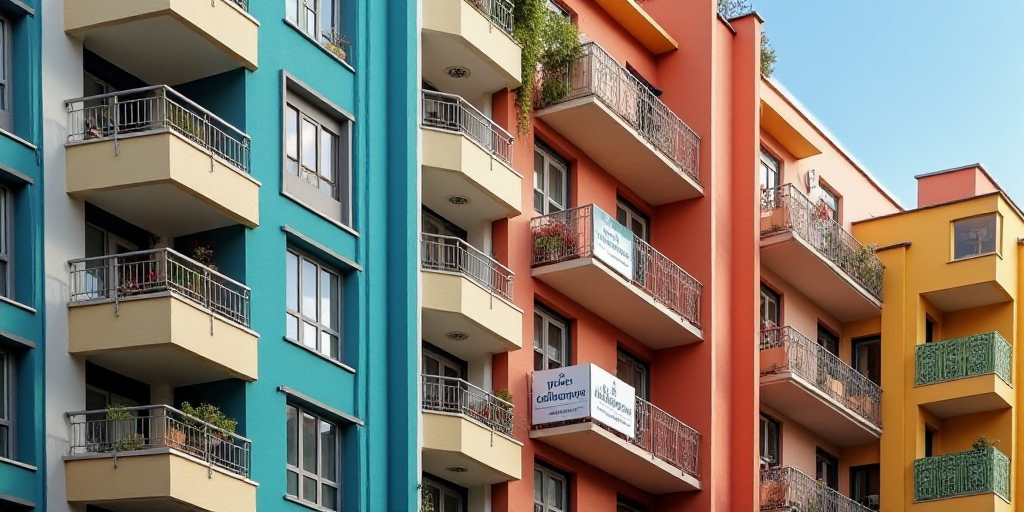Background and Relevance of the Mexico City Housing Situation
The Mexican Association of Real Estate Professionals (AMPI) has called for a reevaluation of measures announced in the Mexico City government’s “Bando 1” plan, aimed at combating gentrification, rent increases, and ensuring housing access in the capital.
Led by Karim Antonio Oviedo Ramirez, AMPI argues that rent control measures have historically failed in numerous global cities and often result in unintended consequences, such as reduced housing supply, increased litigation, negative city image, and investment flight.
AMPI’s Concerns Regarding Housing Affordability
According to AMPI, the real challenge lies in the insufficient availability of affordable housing. Currently, there is a shortage of over 350,000 residential units in Mexico City, as per data from the National Housing Commission (CONAVI).
International Experiences with Rent Control
AMPI highlighted that similar policies have had adverse effects in other cities:
- In Paris, investment in housing dropped by 32% between 2015 and 2023 following rent control implementation, according to the National Institute of Statistics and Economic Studies (INSEE).
- San Francisco saw a 40% increase in property conversions to short-term rentals (like Airbnb) due to rent freezing, as reported by the University of California, Berkeley.
- Bogotá experienced an 18% reduction in social housing projects following similar restrictions, according to the Colombian Construction Chamber (CAMACOL) in 2022.
- European experiences also show that 68% of rent-frozen properties in countries like Sweden, Germany, or France end up in court disputes, as per a 2023 report by the European Commission.
AMPI’s Alternative Proposals for Affordable Housing
In light of these concerns, AMPI has proposed five concrete measures to create a genuinely inclusive housing policy:
- Land Bank with Dynamic Subsidy: Selling public lands at a 30% discount to developers who allocate at least 50% of their projects to rentals below 8,000 pesos per month.
- Accelerated Offer Law: Expedited approval (maximum 90 days) for developments incorporating over 40% affordable housing.
- Rental Guarantee Trust: Government-backed guarantees covering up to six months of rent for vulnerable tenants.
- Vacant Property Tax: An 8% increase in property taxes for unoccupied properties for over a year, inspired by Vancouver’s approach.
- CDMX Rent Observatory: A public platform providing real-time data on housing prices and availability.
Key Questions and Answers
- Q: Why is AMPI against rent control measures in Mexico City’s “Bando 1” plan? A: AMPI argues that rent control measures have historically failed in numerous global cities, often resulting in reduced housing supply, increased litigation, negative city image, and investment flight.
- Q: What is the current housing situation in Mexico City? A: There is a shortage of over 350,000 residential units in Mexico City, as per data from the National Housing Commission (CONAVI).
- Q: What alternative proposals has AMPI put forward? A: AMPI has proposed five measures, including a land bank with dynamic subsidy, accelerated offer law, rental guarantee trust, vacant property tax, and the creation of a CDMX Rent Observatory.






